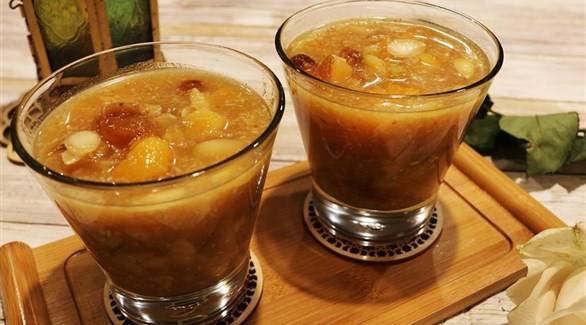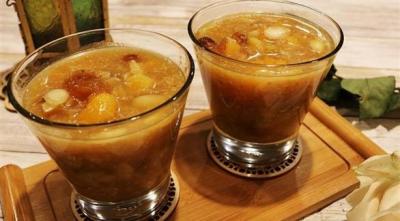Khushaf and fresh juice can be a nutritious addition to your diet during Ramadan. They are concentrated sources of vitamins, minerals, and phytochemicals that cleanse the colon and provide the intestines with the necessary fiber to avoid constipation, while also hydrating the body after fasting during the day.
Traditional iftar drinks that contain dates, apricots, figs, prunes, raisins, and nuts provide a powerful boost of energy, fiber, minerals, and vitamins. You can also consume other types of natural fruit and vegetable juices, such as apple, orange, banana, carrot, strawberry, kiwi, and pineapple.
Since the body cannot digest fiber, it helps push food through the intestinal tract, thus preventing constipation that might result from fasting for hours during the day.
Women aged between 19 and 50 need 25 grams of fiber daily, while men in the same age group need 38 grams. The requirement for fiber decreases slightly after the age of 50, falling to 21 grams for women and 30 grams for men.
It is challenging to meet the body’s fiber needs solely through whole grain bread, brown rice, and legumes over two main meals during Ramadan. Therefore, it is essential to consume vegetables and fruits adequately, with natural juice and iftar drinks serving as sources for increasing fiber intake.




